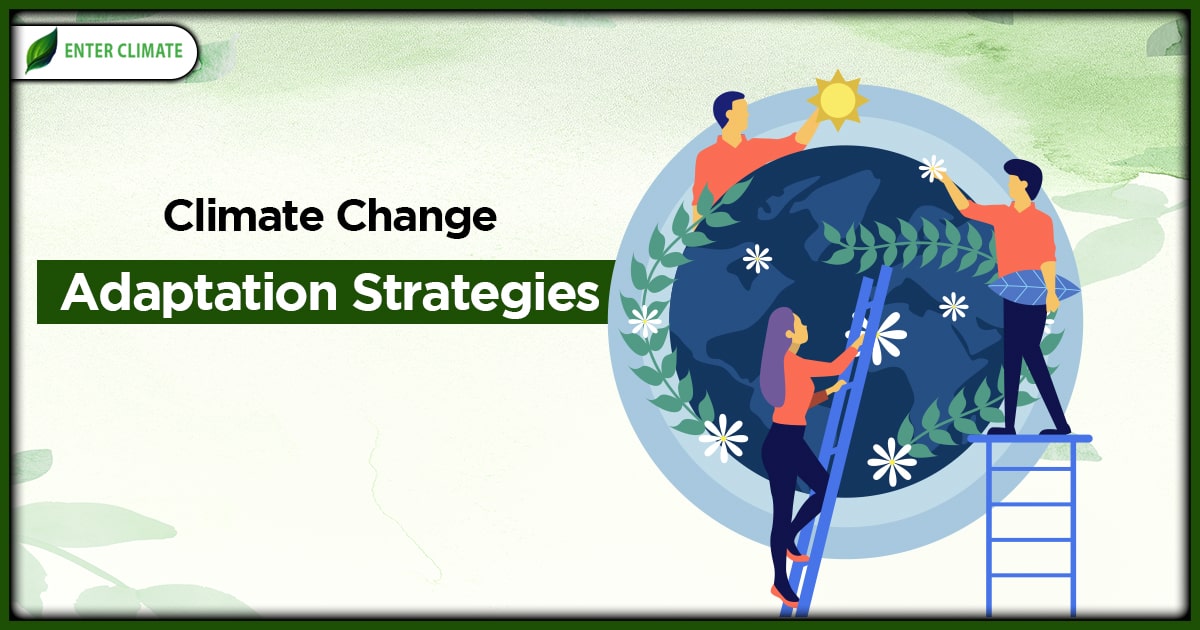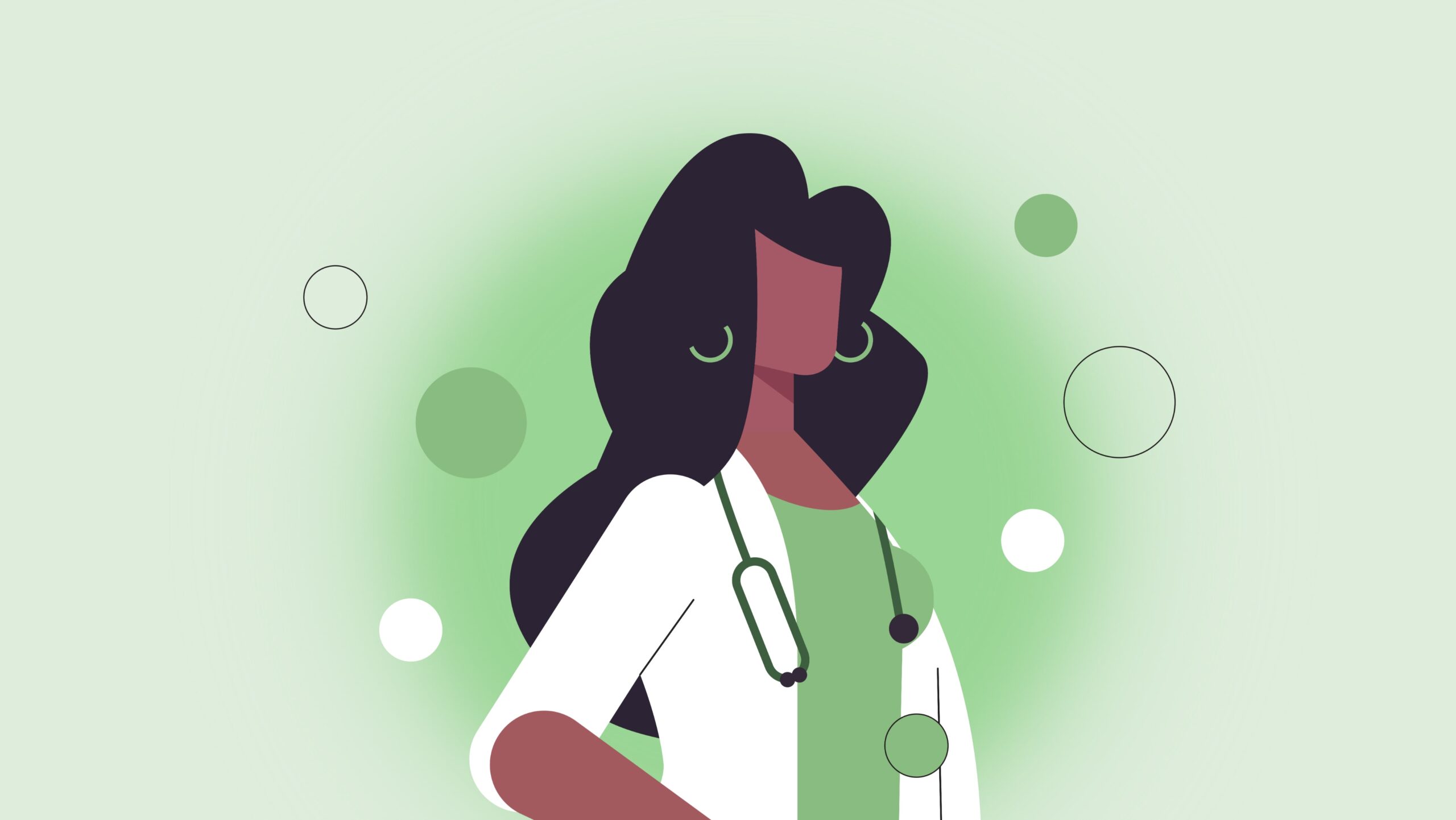
Revival of Adolescent Health Clinics in St Elizabeth

The St Elizabeth Health Department (SEHD) is strengthening its support for adolescents in the parish through the revival of adolescent health clinics for youths aged 10 to 19 years.
Background
The adolescent health programme was operational from as far back as 2013, through the Ministry of Health & Wellness Adolescent Standards and Criteria. Clinics became inactive due to the COVID-19 pandemic but the parish has been focusing on restarting the clinics with the purpose of helping adolescents to manage their health and development.
Clinic Resumption
Deputy Medical Officer of Health for the SEHD, Dr Carol Hamilton, explained that so far, clinics have been restarted at the Balaclava and Junction health centres with plans advanced for the resumption of the clinic at the Santa Cruz Health Centre shortly.
Services Offered
Services offered at the clinics include:
- Sexual and reproductive health including HIV counselling and testing for youths 16 years and older
- Mental health screening and counselling
- Drug abuse counselling
- Nutritional counselling
- Oral health
- Medical check-up
- Counselling for interpersonal conflicts
- Vaccination
Dr Hamilton added that recreational activities, assistance with homework, and parental workshops are also part of the services being offered.
Clinic Schedule
At the Balaclava Health Centre, clinics will be held every fourth Friday, from 1 p.m. to 4 p.m., while adolescents can go to the Junction Health Centre every fourth Wednesday from 1 p.m. to 4 p.m.
Importance of Adolescent Health Clinics
“The St Elizabeth Health Department sees the need for adolescent health clinics as it seeks to assist parents and teachers with the holistic development of adolescents. We believe that this will have a further positive impact on society,” Dr Hamilton said.
“Our aim is to ensure that our adolescents are catered for. You know these are formative years of their lives and they have a lot of things coming at them at this age. They have different changes, psychological, mental health and physical changes so we as healthcare workers will assist them in adjusting to these changes. So, at the clinic, we will be providing a friendly environment,” Dr Hamilton noted.
Sustainable Development Goals (SDGs)
The revival of adolescent health clinics in St Elizabeth aligns with several Sustainable Development Goals (SDGs), including:
- Goal 3: Good Health and Well-being – By providing comprehensive health services, the clinics contribute to improving the overall health and well-being of adolescents.
- Goal 4: Quality Education – Through assistance with homework and parental workshops, the clinics support the educational development of adolescents.
- Goal 5: Gender Equality – The clinics address issues related to sexual identity and dealing with one’s sexuality, promoting inclusivity and equality.
- Goal 10: Reduced Inequalities – By catering to the needs of adolescents, the clinics help reduce inequalities in access to healthcare services.
Adolescence is a period characterized by rapid physical, cognitive, and social changes, including sexual and reproductive maturation. Adolescents are generally healthy, but their risk-taking behaviors pose challenges to their health and development. Issues including sexual identity and dealing with one’s sexuality add to the dynamism of the period and cannot be overlooked by any service that provides for their needs.
SDGs, Targets, and Indicators
| SDGs | Targets | Indicators |
|---|---|---|
| SDG 3: Good Health and Well-being | 3.7 By 2030, ensure universal access to sexual and reproductive health-care services, including for family planning, information and education, and the integration of reproductive health into national strategies and programmes | – HIV counselling and testing for youths 16 years and older – Sexual and reproductive health services – Mental health screening and counselling – Drug abuse counselling – Nutritional counselling – Oral health services – Medical check-up services |
| SDG 4: Quality Education | 4.7 By 2030, ensure that all learners acquire the knowledge and skills needed to promote sustainable development, including, among others, through education for sustainable development and sustainable lifestyles, human rights, gender equality, promotion of a culture of peace and non-violence, global citizenship and appreciation of cultural diversity and of culture’s contribution to sustainable development | – Assistance with homework – Parental workshops |
1. Which SDGs are addressed or connected to the issues highlighted in the article?
- SDG 3: Good Health and Well-being
- SDG 4: Quality Education
Explanation:
The article discusses the revival of adolescent health clinics in St Elizabeth, Jamaica, which aim to support adolescents in managing their health and development. This aligns with SDG 3, which focuses on ensuring good health and well-being for all. Additionally, the clinics offer assistance with homework and parental workshops, which contribute to SDG 4, which aims to provide quality education for all learners.
2. What specific targets under those SDGs can be identified based on the article’s content?
- Target 3.7: By 2030, ensure universal access to sexual and reproductive health-care services, including for family planning, information and education, and the integration of reproductive health into national strategies and programmes.
- Target 4.7: By 2030, ensure that all learners acquire the knowledge and skills needed to promote sustainable development, including, among others, through education for sustainable development and sustainable lifestyles, human rights, gender equality, promotion of a culture of peace and non-violence, global citizenship and appreciation of cultural diversity and of culture’s contribution to sustainable development.
Explanation:
The specific targets identified in the article are directly related to the content discussed. Target 3.7 focuses on ensuring universal access to sexual and reproductive health-care services, which is addressed through the provision of services such as HIV counselling and testing, sexual and reproductive health services, mental health screening and counselling, drug abuse counselling, nutritional counselling, oral health services, and medical check-up services at the adolescent health clinics. Target 4.7 is addressed through the provision of assistance with homework and parental workshops, which contribute to promoting sustainable development and education for adolescents.
3. Are there any indicators mentioned or implied in the article that can be used to measure progress towards the identified targets?
- HIV counselling and testing for youths 16 years and older
- Sexual and reproductive health services
- Mental health screening and counselling
- Drug abuse counselling
- Nutritional counselling
- Oral health services
- Medical check-up services
- Assistance with homework
- Parental workshops
Explanation:
The article mentions several indicators that can be used to measure progress towards the identified targets. These indicators include specific services provided at the adolescent health clinics, such as HIV counselling and testing, sexual and reproductive health services, mental health screening and counselling, drug abuse counselling, nutritional counselling, oral health services, and medical check-up services. Additionally, the provision of assistance with homework and parental workshops can also be used as indicators to measure progress towards the targets.
4. SDGs, Targets, and Indicators
| SDGs | Targets | Indicators |
|---|---|---|
| SDG 3: Good Health and Well-being | 3.7 By 2030, ensure universal access to sexual and reproductive health-care services, including for family planning, information and education, and the integration of reproductive health into national strategies and programmes | – HIV counselling and testing for youths 16 years and older – Sexual and reproductive health services – Mental health screening and counselling – Drug abuse counselling – Nutritional counselling – Oral health services – Medical check-up services |
| SDG 4: Quality Education | 4.7 By 2030, ensure that all learners acquire the knowledge and skills needed to promote sustainable development, including, among others, through education for sustainable development and sustainable lifestyles, human rights, gender equality, promotion of a culture of peace and non-violence, global citizenship and appreciation of cultural diversity and of culture’s contribution to sustainable development | – Assistance with homework – Parental workshops |
Copyright: Dive into this article, curated with care by SDG Investors Inc. Our advanced AI technology searches through vast amounts of data to spotlight how we are all moving forward with the Sustainable Development Goals. While we own the rights to this content, we invite you to share it to help spread knowledge and spark action on the SDGs.
Fuente: jamaica-gleaner.com

Join us, as fellow seekers of change, on a transformative journey at https://sdgtalks.ai/welcome, where you can become a member and actively contribute to shaping a brighter future.






